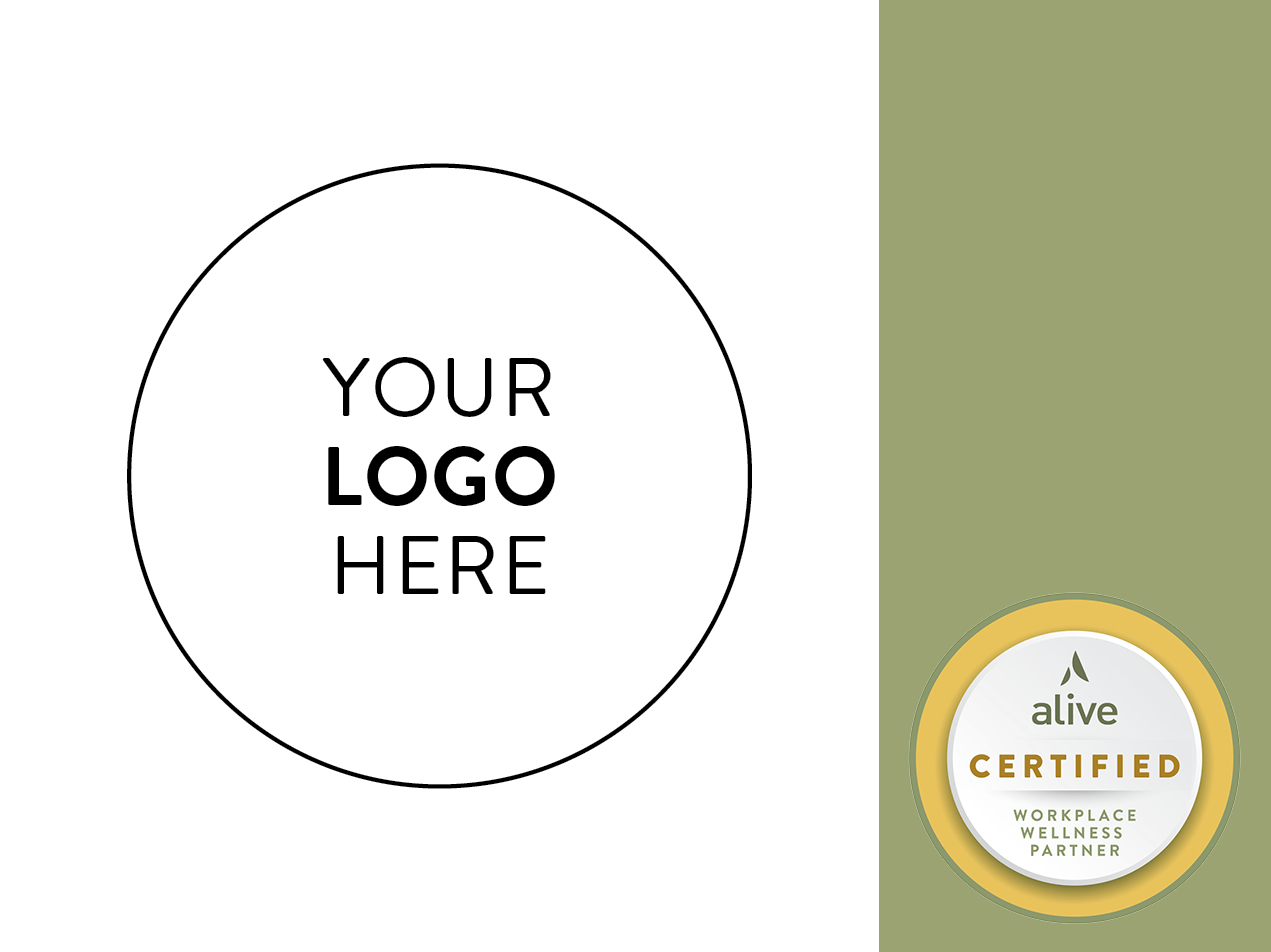
You may think that expressing gratitude simply means saying thank you when some does something nice for you—and sure, that’s one way to do it. But making gratitude a key part of your life can be incredibly beneficial to you. Developing a gratitude practice could be as simple as writing down what you’re grateful for, or just thinking grateful thoughts for a few minutes each day.
Investing in gratitude is like opening a savings account—the interest adds up over time and creates greater wealth in terms of health, relationships and happiness.
Happier and healthier
In a study of more than 17,000 young adults from 21 countries, life satisfaction, a generalized form of gratitude, translated into better health choices like not smoking, exercising, using sun protection, eating fruit and limiting fat intake. Other studies found that grateful individuals shared similar health benefits, including participating in healthier activities and being more likely to seek help when needed. Gratitude has even been linked with improving sleep quality and duration.
Researchers are investigating how positive emotions can lower disease and mortality in older adults. Even among people with serious illnesses like heart disease, those who practice gratitude tend to be less depressed than those who don’t.
Many studies have shown that feeling and expressing gratitude boosts our sense of being connected to others, which in turn leads to greater happiness, optimism and positivity. Gratitude is also thought to help us maintain relationships, and it increases our satisfaction with existing relationships.
More resilient
When you practice a positive attitude, which includes gratitude, you become more mentally resilient. Being grateful, enjoying what you have and showing kindness to others are tools you can use to help you face life’s challenges.
Expressing gratitude can help you
- cope
- redirect negativity into positive directions
- have a positive self-view
- experience greater closure to unpleasant events
In short, a positive attitude that includes gratitude may help you deal with loss and stress; avoid negative behaviors like substance abuse, violence and risky sexual behaviors; and help you overcome depression and loneliness.
Get grateful
You can make gratitude part of your life by being thankful to those who help you, and by being mindful and appreciative of what’s important to you. Although it may feel strange to “practice” gratitude, over time it becomes a natural part of life. Don’t worry if gratitude doesn’t come naturally. In the same way you work out to build stronger muscles, you can also strengthen your gratitude muscle by
- keeping a gratitude journal or meditating briefly on what you’re grateful for
- concentrating on the good in your life
- reaching out to thank friends and family for being there, or for gifts or favors received
- starting a family gratitude ritual: have everyone list something they’re thankful for that day
- thanking strangers who have done something nice


